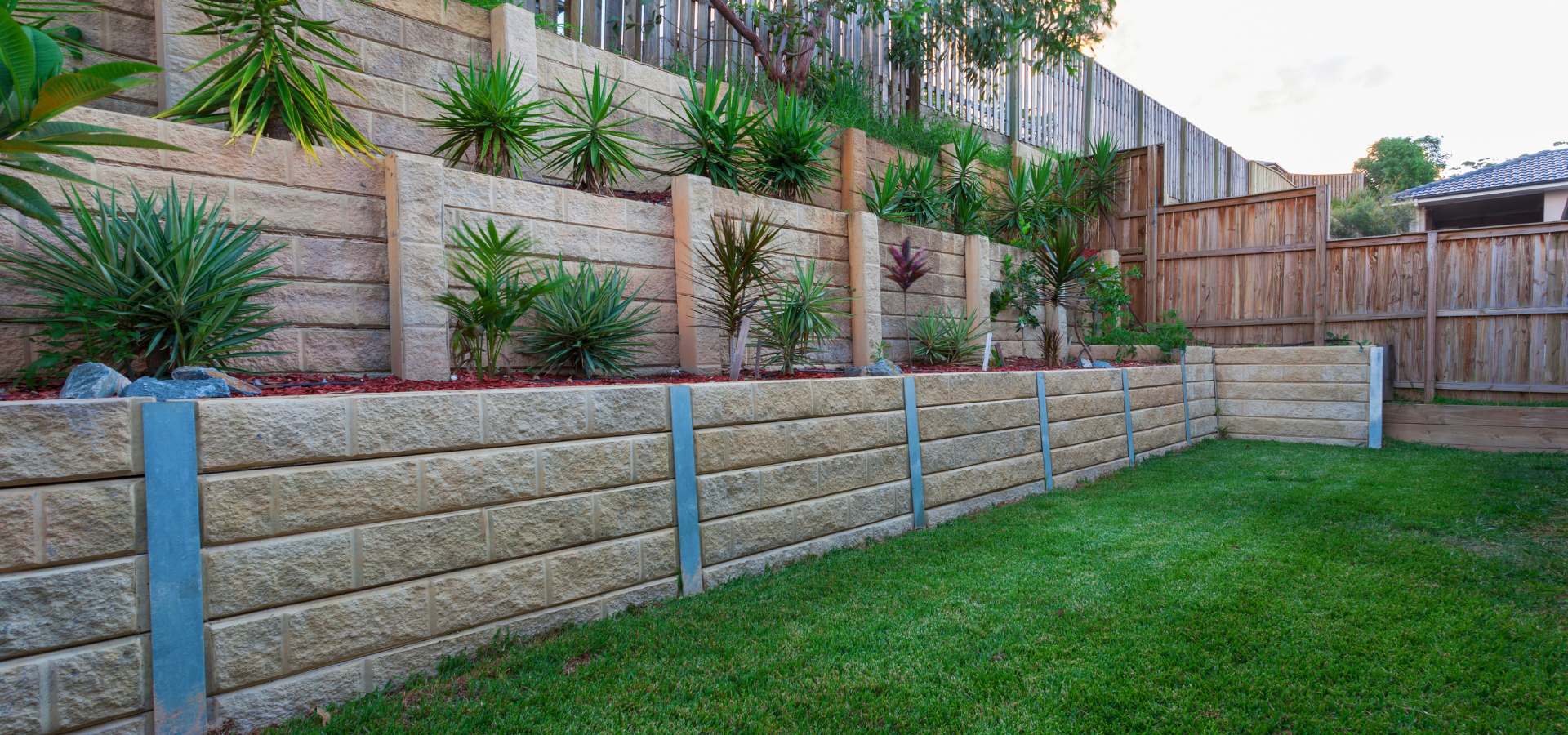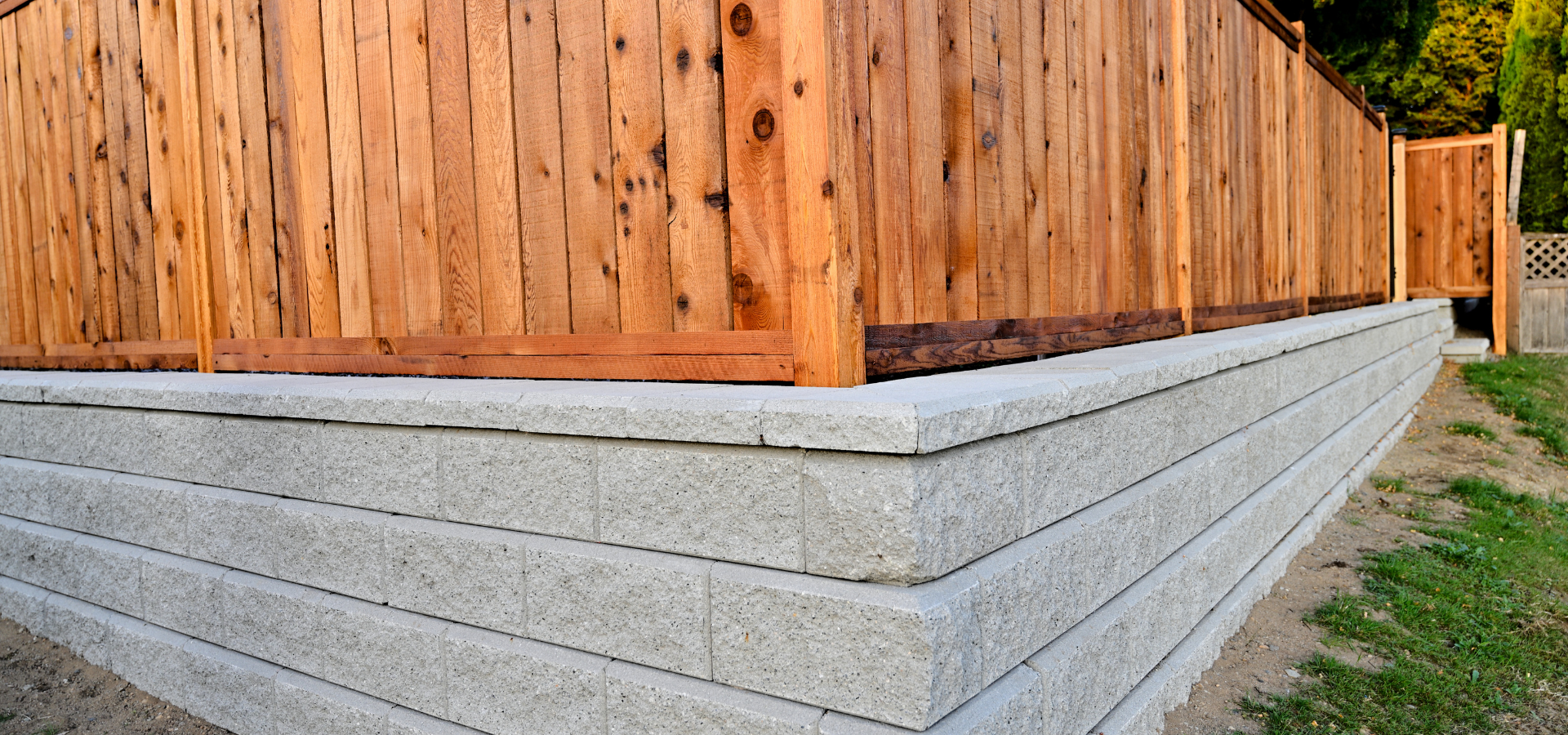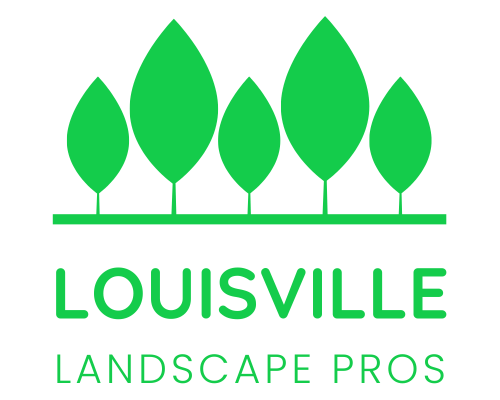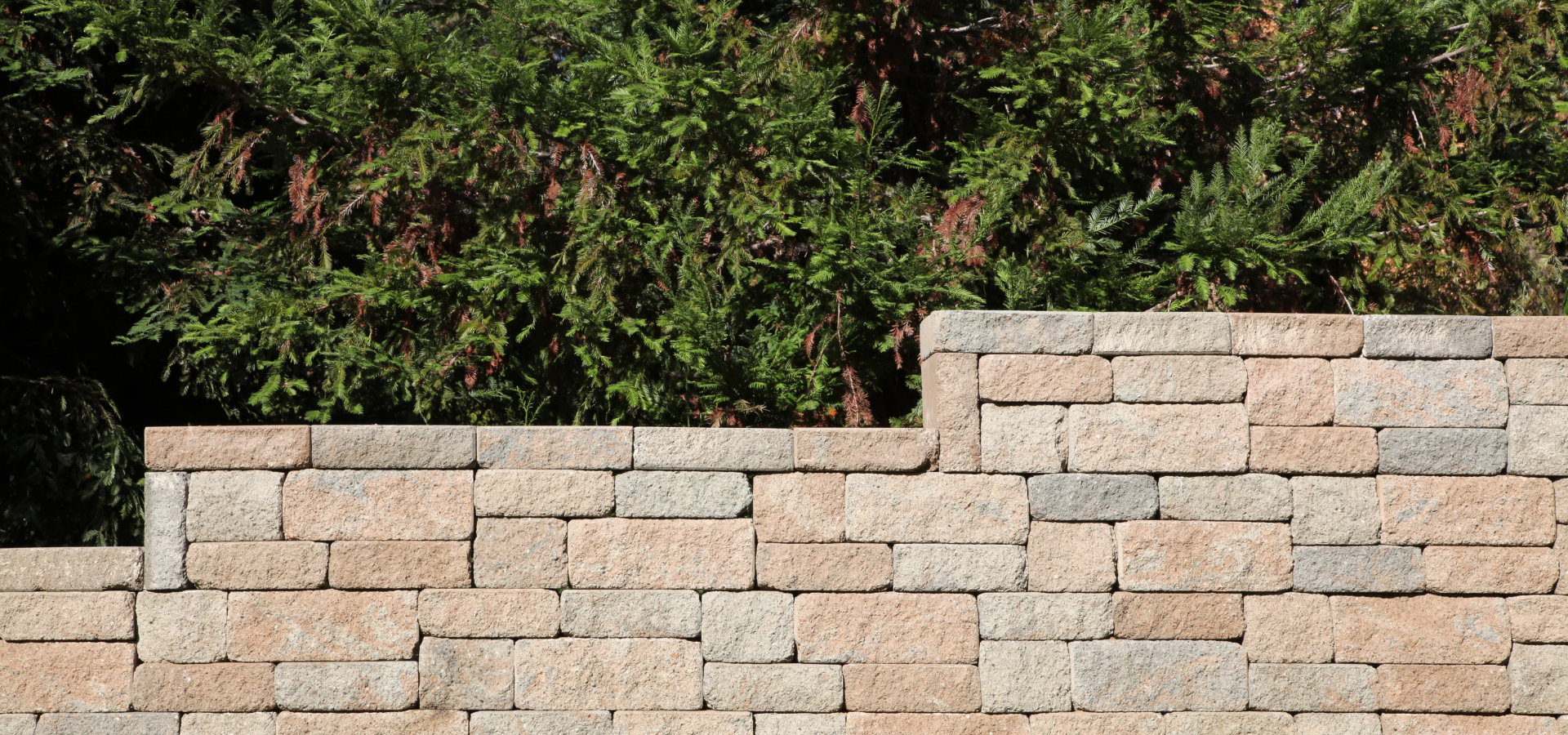Retaining Wall Construction
If you're a homeowner looking to enhance your outdoor space, you've come to the right place. Retaining walls are functional since they help prevent soil erosion and manage slopes. But they also add a touch of elegance to your landscape.
Do you want a beautiful terraced garden or need to manage the terrain? Our expert team at
Louisville Landscape Pros is here to help. Let's explore how a retaining wall can transform your yard into a practical setting.
What is a Retaining Wall?
A barrier or retaining wall holds back soil to prevent erosion on sloped terrain. It provides support and stability. Homeowners use them to create a flat space for lawns, patios, and garden beds.
Types of Retaining Walls
Let's explore the types of retaining walls and their benefits for your outdoor design.
Gravity
Gravity walls use their own weight to resist pressure from the soil they hold back. These walls use heavy materials like stone, concrete, or brick. They’re thicker at the base and taper towards the top, ensuring stability.
Gravity walls are ideal for low- to moderate-height applications. They’re found in gardens, along property boundaries, or to create terraces in yards. Solid construction makes them perfect. Especially when you need a strong wall without extra reinforcement.
Cantilevered
Cantilevered walls use the weight of the soil behind them to resist the pressure of the soil in front of them. This design allows for a thinner wall than a gravity wall.
Benefits of cantilevered walls:
- Cost-effective: Often less expensive to build compared to other retaining wall types.
- Space-saving: Use in tight spaces where a gravity wall might not fit.
- Versatile: Use for small terraced gardens to large retaining wall landscaping projects.
But note that cantilevered walls need careful engineering and construction to ensure stability.

Anchored Walls
This retaining wall construction uses cables or rods driven deep into the ground. The anchors are usually attached to a solid structure or buried deeply for extra support. Anchored walls are strong and can hold back heavy loads.
They’re great for high or steep slopes that need extra stability. They also work well in areas with loose or shifting soil, keeping your landscape secure and in place.
Segmental or Block Walls
We construct segmental or block retaining walls from interlocking blocks. They fit together without needing mortar. They are flexible and easy to install, working in various heights and shapes.
A block wall is perfect for creating garden beds, terraces, and decorative features. Its modular design allows for quick construction and easy customization for your setting.
Benefits of Retaining Walls
Discover the many benefits retaining walls can bring to your lawn and garden.
Erosion Control & Drainage
Retaining walls help prevent soil erosion in areas with uneven terrain or slopes. They hold the soil in place, reducing the risk of landslides and runoff. This protection is especially important during Louisville’s heavy rains.
Retaining wall construction often incorporates drainage solutions to manage water flow. This design helps prevent water pooling in unwanted areas. It also protects your yard from water damage.
Retaining wall construction often incorporates drainage solutions to manage water flow. This design helps prevent water pooling in unwanted areas and protects your yard from water damage.

Landscape Enhancement & Property Values
Retaining walls add visual interest and structure to your outdoor space. They can create different levels and terraces, making your yard look more organized. They’re perfect for creating garden beds, patios, or seating areas.
A well-designed and professionally built retaining wall can boost your property's value. It adds a unique feature to your landscaping design, attracting future potential buyers. It's a long-term investment that enhances your home's functionality and curb appeal.
Our Retaining Wall Construction Process
We start the process with an initial consultation to discuss client needs. Then, we do a walk-around to assess the property and landscaping.
Next comes retaining wall design and planning. Our pros create a custom design with your choice of material (stone, blocks, etc.)
Once everyone agrees on the plan, our team starts prepping the site. First, we clear the area before excavation and grading. Then, we build the foundation and assemble the wall with stability and durability.
Finally, the finishing touches start happening. That’s when we add drainage solutions and add landscaping around the wall.
Why a Professional is Essential
Professional knowledge and skills mean no retaining wall landscaping job is too complex. And we've got you covered for those smaller jobs when homeowners don’t have the time or bandwidth. Big or small, let’s talk.
Call us today to start the process for your retaining wall project.
502-305-0888
You can also fill out our
contact form or email us at info@louisvillelandscapepros.com
for more information.

